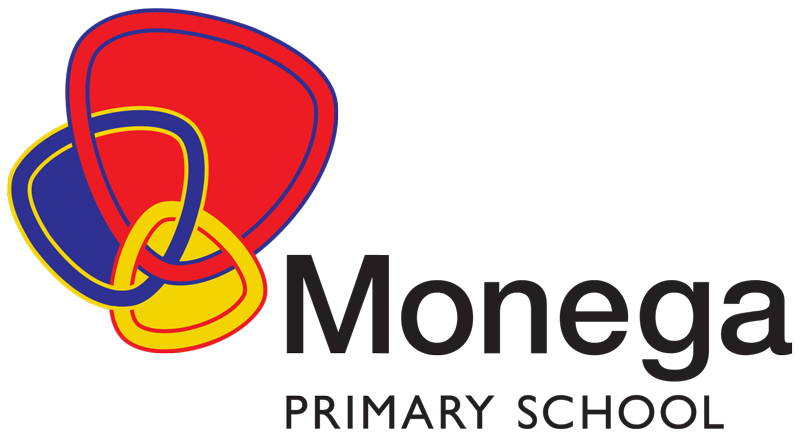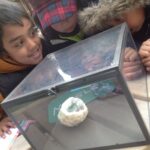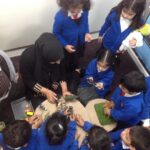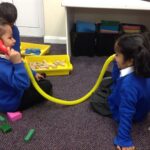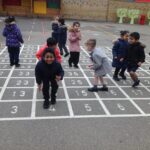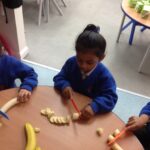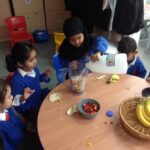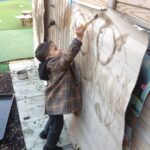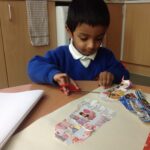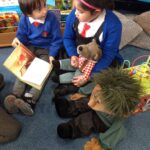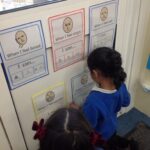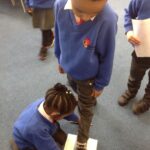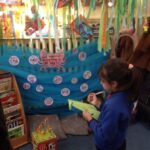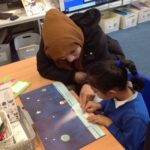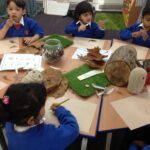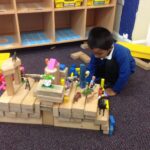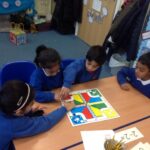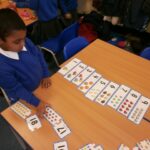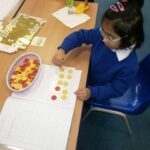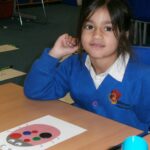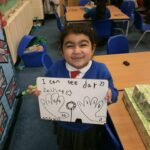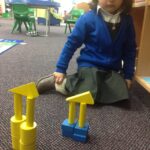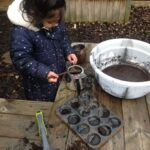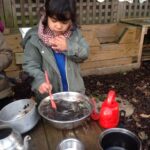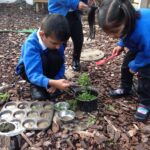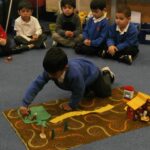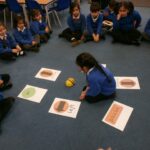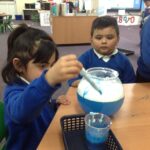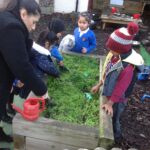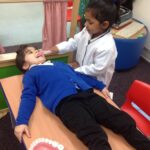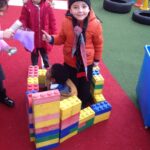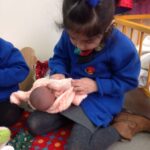At Monega the aim of the “Early Years Foundation Stage” is to ensure that all children are given the opportunity to reach their full potential educationally, emotionally and physically. We provide pupils with a learning environment that encourages them to pursue their own interests, ideas and challenges.
The early years of a child’s life are an important stage where the foundations for future development are established. In the Foundation Stage, we foster the child’s needs and stages of development and offer learning which extends, enriches and develops the unique child.
Providing creative and contextual opportunities for children to develop, consolidate and deepen their knowledge, understanding and skills.
Purposefully planned, playful activities and first hand experiences are the key to learning, laying the foundations for the Early Years Foundation Stage Curriculum.
The expectations and delivery of the curriculum is flexible ensuring there is a balance between structured, unstructured, and adult led and child led learning.
“Every child deserves the best possible start in life and the support that enables them to fulfil their potential. Children develop quickly in the early years and a child’s experiences between birth and age five have a major impact on their future life chances.
A secure, safe and happy childhood is important in its own right. Good parenting and high quality early learning together provide the foundation children need to make the most of their abilities and talents as they grow up.”
Statutory framework for the early years foundation stage. Setting the standards for learning, development and care for children from birth to five. September 2021.
The Framework is based on four guiding principles which help to shape the Early Years Foundation Stage Policy.
- A Unique Child
- Positive Relationships
- Enabling Environments
- Learning and Development
The curriculum is carefully planned to ensure progression and continuity of skills in seven areas of learning. All areas of learning and development are important and inter-connected. The three prime areas reflect the key skills and capacities all children need to develop and learn effectively in order to be ready for school. There are three prime areas:
- Communication and Language
- Physical Development
- Personal, Social and Emotional Development
There are also four specific areas through which the prime areas are strengthened and applied:-
- Literacy
- Mathematics
- Understanding the World
- Expressive Arts and Design
In planning and guiding children’s learning, staff must reflect on the different ways that children learn and reflect these in their practice. Three characteristics of effective teaching and learning are:-
Playing and Exploring – children investigate and experience things and ‘have a go’;
Active Learning – children concentrate and keep on trying if they encounter difficulties, and enjoy achievements;
Creating and Thinking Critically – children have and develop their own ideas, make links between ideas, and develop strategies for doing things.
The Early Years Foundation Stage consists of seven areas of learning and development. Within each area there are a number of early learning goals which children will achieve and exceed by the end of the Early Years Foundation Stage.
Please click on the tabs below to view more information about prime and specific areas.
